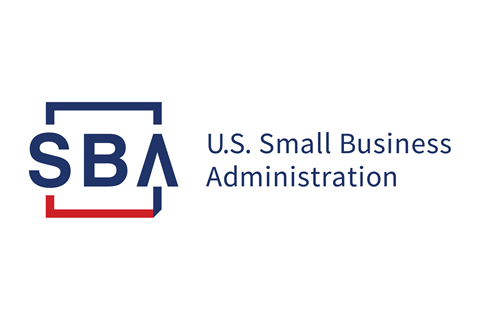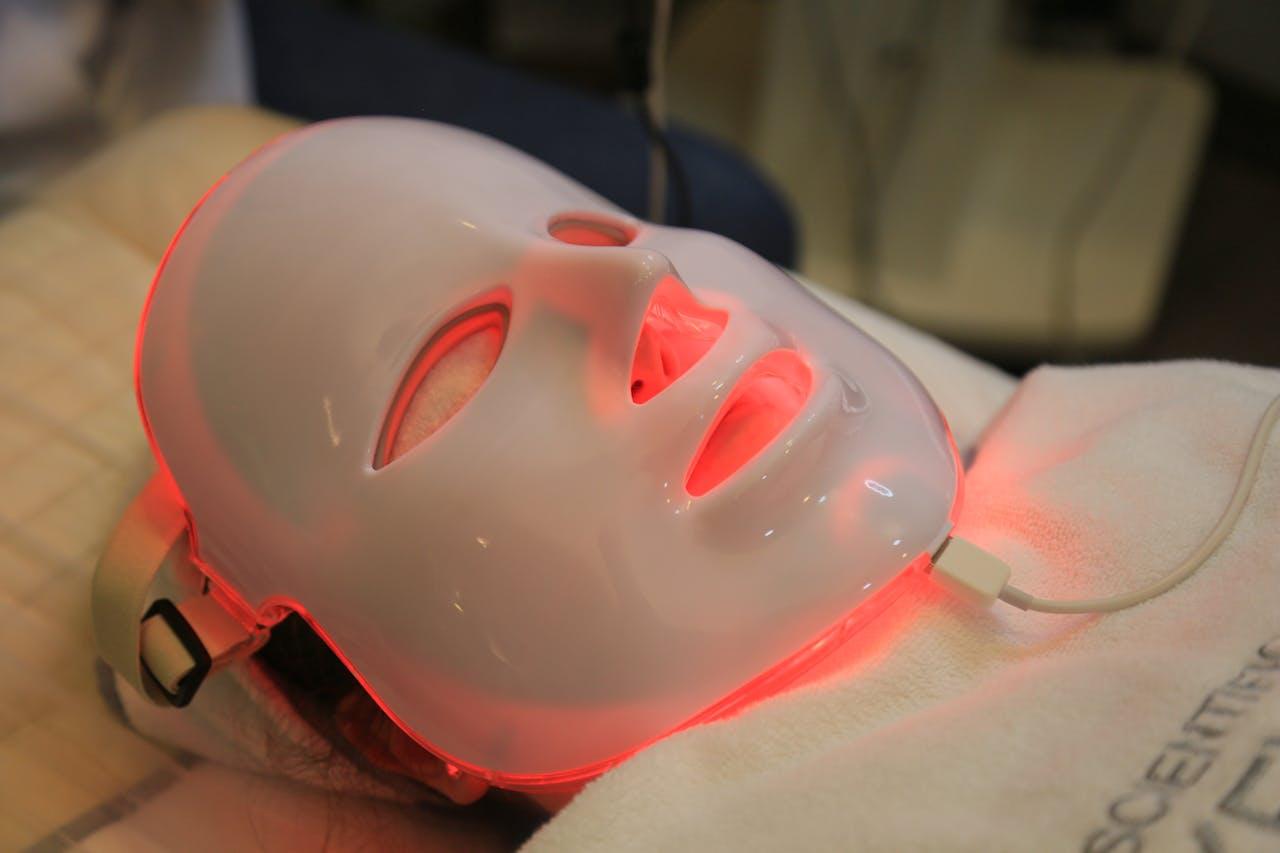How COVID-19 Affects Women-Owned Business And What To Do About It

The coronavirus has the entire world taking the necessary precautions in order to stay safe. In the same moment, citizens are in a frenzy. All of the items needed to protect yourself are minimal. There is a lack of hand sanitizer, soap, disinfectant wipes, you name it. This virus is so big and bad that its affecting the stock market and businesses worldwide.
While some are being selfish and pointing the finger at these large corporations on what they plan to do about it, we are overlooking a very important part of this whole pandemic.
Small businesses are the ones that are going to have the biggest wound. Business owners depend on their customers to keep their livelihood. In the United States, there is no federal law that requires employers to give paid, job-protecting sick leave. Did you know that there are only 10 states, 20 cities and three counties that actually require such a regulation?
Even if it were regulated everywhere, it would still be hard for businesses owners to pay employees for work they are not doing. The term “small business” is broad. Who exactly is going to be affected by this pandemic?
The Effects Of The Coronavirus On Business & Trade
Vanessa Mathews is the founder and chief resilience officer of Asfalis Advisors, a business resilience advisory firm out of Charlotte, North Carolina. While COVID-19 is troubling everyone who calls themselves a business-owner, it’s deeper for a select few. “I think it depends on the type of business you are in,” Mathews says. “For small business owners, there will be a decline in revenue, business acquisitions, real estate and more.” She isn’t wrong. While bankers claim there is still a light at the end of the tunnel, the stock market says otherwise.
According to a banker that spoke with Barrons.com, the economy remains resilient. Interest rates are low, liquidity is available and companies are still making deals. “The economy is very strong in the U.S. and improving around the world,” one banker says. As of late, Wall Street is a mess. The Dow recently dropped close to 2000 points. These stock market changes could have a major impact on businesses that import products from China as many do. However, Mathews says the real industry that is going to be under the microscope is our hospital systems.
“Our hospital systems are the ones that are being put to the test here,” Mathews says. “There was an article I read out of Italy that says they had to turn people away because they could not treat them all. Everyone in the United States needs to stop contact immediately.”
Handling The Coronavirus As A Business Crisis

As the first woman in Georgia to obtain a bachelor of arts in homeland security and emergency management from Savannah State University, with this situation, Mathews says it is like “9/11 for crisis management with a lot of early mornings and late nights.” The same goes for women-owned businesses, especially whose business is 100% contact, such as professional public speakers. Social media is full of public speakers and artists who are frustrated with the virus messing up “the bag,” meaning they will not get paid for some of their speaking engagements and performances they committed to. Latesha Byrd is a career coach and CEO of Byrd Career Consulting. Being used to conducting business face-to-face all the time, Byrd has had to make quick decisions on how to change that.
“Coronavirus is requiring me to make some shifts in how I do business in person,” Byrd says. “I’m now switching to 100% virtual coaching, doing Skype/Zoom dates instead of coffee dates on the networking side and changing my planned workshops to become virtual.” Mathews, who also has to deal with clients face to face herself, says she has close friends in that field who are feeling the repercussions of COVID-19.
There is a silver lining for all the women entrepreneurs out there. There are some golden opportunities that should be taken advantage of at this time. Even though your revenue stream may be a little on the shaky side right now, Mathews recommends that all business owners look to the government for help.
Seek Business Support From External Resources

“Tap into the federal funding that is out there and grant opportunities.” After a bold announcement by President Trump last week, the U.S. Small Business Administration (SBA) is prepared to assist businesses impacted with loans up to $2 million. The assistance can be used issue payroll, accounts payable, and pay other bills not able to be paid because of the outbreak’s impact. As a resource partner to the SBA, SCORE is also on board to help, especially for those who are looking to getting started on the road to entrepreneurship. Even though their events have been postponed or cancelled, business experts who work with the non-profit are on hand virtually to assist mentorship and educational webinars. They have even found a way to make the National Small Business Week Conference digital.
The advantages are not just business related though. It’s allowed business owners time to find new, innovative ways to keep things going. With all her workshops being virtual, Latesha is now able to offer something she didn’t know she could. “I’m doing business differently as a result and integrating more tech into my offerings,” Byrd mentions. Mathews feels that in the midst of this crisis, women really are in a position of power. She recommends that women use this time to partake in some self-care acts that they can’t normally do with all their daily responsibilities. It’s hard to be ahead of the game when we are worn out and tired. “What we need in a crisis is a leader and it’s time for women to step up,” Mathews proclaims. “We need to be the calm that everyone needs.”






